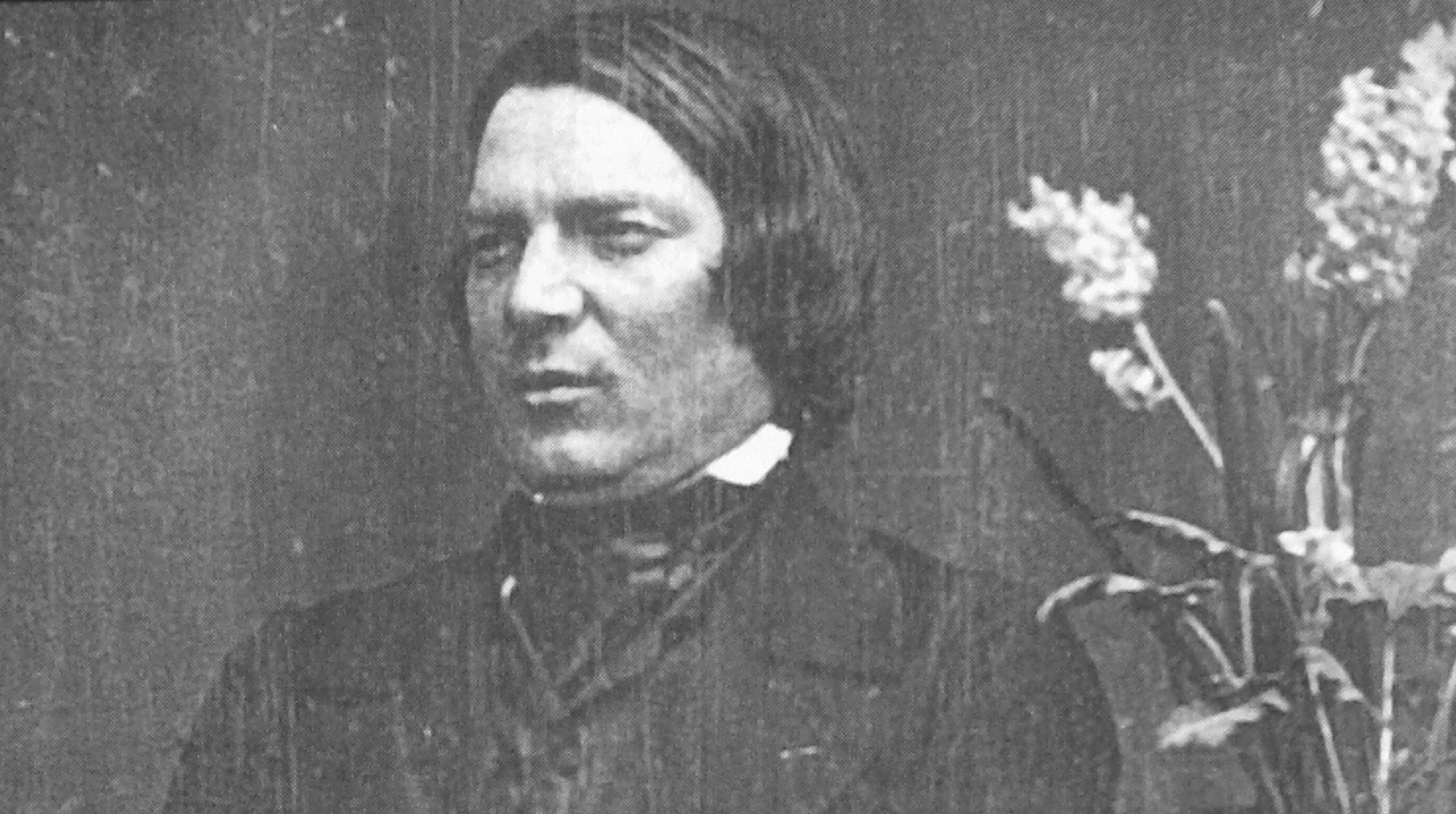Schumann’s Six Fugues on B-A-C-H and Six Canonic Etudes: Contrapuntal Explorations
“What art owes to Bach is to the musical world hardly less than what a religion owes to its founder,” said Robert Schumann. (Eric Frederick Jensen) Championed in part by Mendelssohn, the first half of the 19th century saw a revival of interest in the music of J.S. Bach. Nine days after their wedding, Robert and Clara Schumann began an extensive study of Bach’s counterpoint together. The occasion was documented by Clara …







